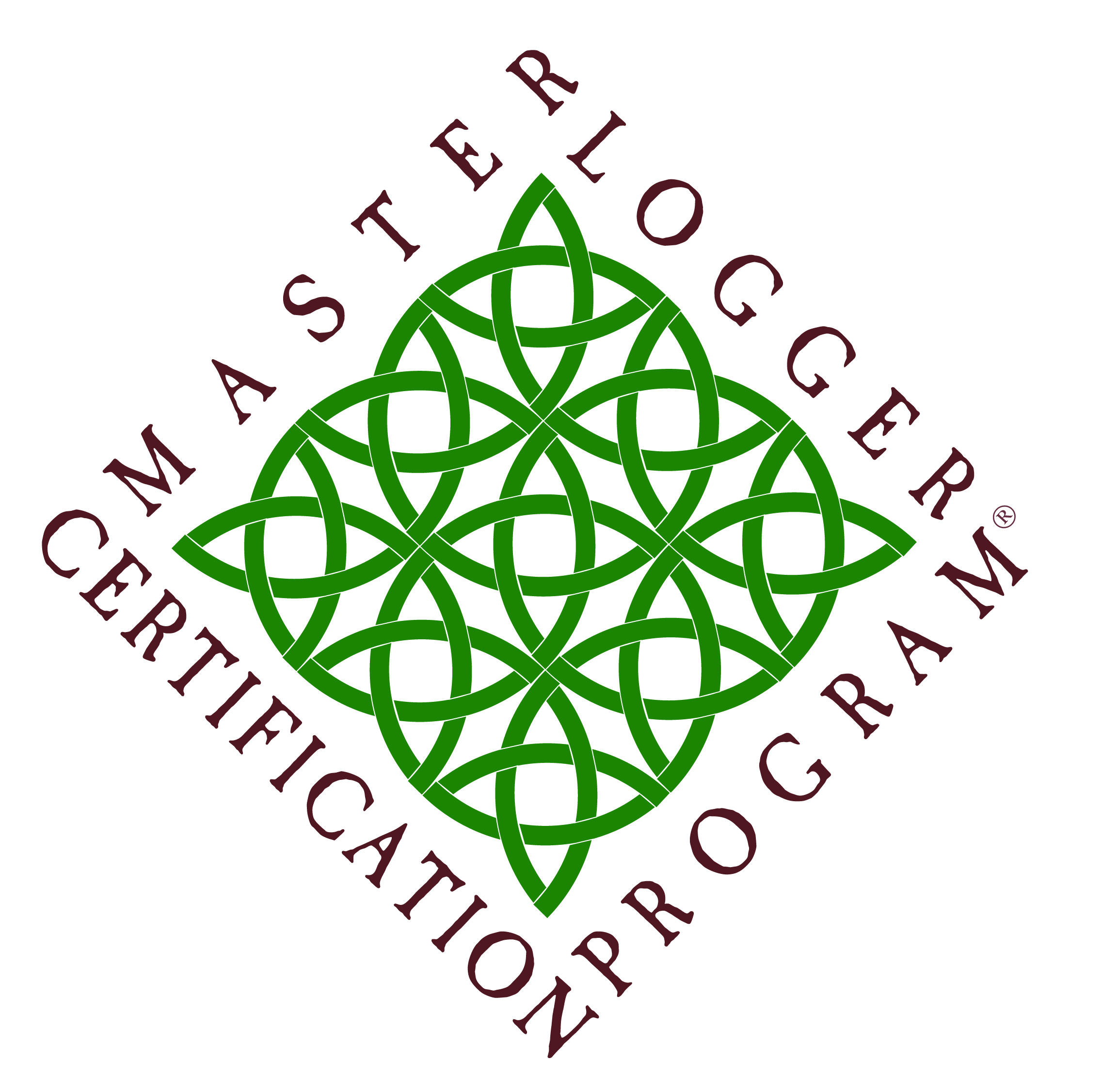The Northeast Master Logger Certification Program, a program of the Trust to Conserve Northeast Forestlands, held three Hands-On Stream Crossing Workshops in Maine and Vermont in May, attended by more than 140 employees of Master Logger companies and students from technical high schools with forestry and logging programs.
Professional logging contractors in the Northeast routinely face challenges associated with streams and wetlands when conducting timber harvests and have great expertise when it comes to logging without impacting water quality on the job site and in waters downstream. Building and maintaining stream crossings that minimize runoff are an important part of that, and the workshops were an opportunity not only for loggers to refresh their skills, but to share their own experiences and ideas with the greater logging community.
“Certified Master Loggers take the job of protecting water quality very seriously, and these workshops are a great chance for them to improve their knowledge on the subject,” Ted Wright, Executive Director of the Trust to Conserve Northeast Forestlands, which oversees the Master Logger program, said. “Loggers are the ones who have the hands-on experience building stream crossings and getting out in the field like this with others who share that experience is a great way to raise the bar for all.”
Workshops were offered May 20 in Randolph, Vermont; May 25 in West Paris and Norway, Maine; and May 27 in Island Falls and Sherman, Maine. Workshops were free to Master Logger companies and generously sponsored by the U.S. Endowment for Forestry and Communities. The workshops were conducted in accordance with CDC guidelines.
In addition to supplying loggers with new ideas and techniques they could bring to their work on future stream crossings, the workshops could be applied toward requirements of programs including the Society of American Foresters, Master Logger Certification Program, Certified Logging Professional (Maine), and the Vermont LEAP Program.
The field portion of each workshop was held at sites with real potential for positive impacts on local watersheds and water bodies. In southern Maine, for instance, the site selected was next to the Crooked River, a key tributary of Sebago Lake and a valuable trout and landlocked salmon fishery where preserving water quality during timber harvests is critical to both the fishery and the lake.
Loggers and others who attended the sessions gave positive feedback on the value and quality of the workshops.
“Great job, this is by far the best logger workshop I have ever attended,” Rob Greenier, forestry instructor for the Region 2 School of Applied Technology in Houlton, Maine said.
Prizes and giveaways included a temporary wooden skidder bridge awarded to a logging company at each workshop.
In addition to the U.S. Endowment for Forestry and Communities, partners in the workshops who provided materials, instructors or other support included Vermont’s Department of Forest, Parks, and Recreation; the Northern Forest Center, Eastman Trucking, Lincoln Farm Timber Harvesting; the Maine Forest Service, McLucas Logging and Trucking; the Sustainable Forestry Initiative (SFI); LP Building Products, and Treeline, Inc.
The Northeast Master Logger Certification Program was created in 2001 by the Professional Logging Contractors of Maine (PLC) as the first in the world point-of-harvest certification program, offering third party independent certification of logging companies’ harvesting practices. In 2003, PLC created The Trust to
Conserve Northeast Forestlands (TCNEF) to administer the program with the broader goal of “enhancing the health of working forest ecosystems through exceptional accountability” throughout the Northern Forest region.
There are currently more than 130 Master Logger companies in the Northeast and the number of certified companies is growing. In 2019, the TCNEF received an FSC Leadership Award for its work with the Master Logger program. In 2020, The Future Forest Economy Initiative – a cooperative effort of the U.S. Economic Development Administration (EDA), U.S. Endowment for Forestry & Communities, and the Northern Forest Center – announced it would be investing $250,000 to enhance markets for certified wood and to strengthen the supply chain for wood in the Northern Forest region through a grant to the Trust to Conserve Northeast Forestlands. The three-year grant award will enable TCNEF to expand the ranks of certified Master Logger companies in the region, with a focus on New Hampshire, New York and Vermont. The Master Logger program improves logger performance, company financial stability, and workforce development and retention while increasing the supply of certified wood fiber.
The workshop was generously sponsored by The United States Endowment for Forestry and Communities, Inc. The United States Endowment for Forestry and Communities, Inc. (the “Endowment”) is a non-profit corporation that works collaboratively with partners in the public and private sectors to advance systemic, transformative and sustainable change for the health and vitality of the nation’s working forest and forest-reliant communities.


For more information on the Master Logger program or TCNEF, contact Ted Wright at (207) 688-8195 opt. 2 or executivedirector@tcnef.org. Additional information is also available at masterloggercertification.com

Recent Comments